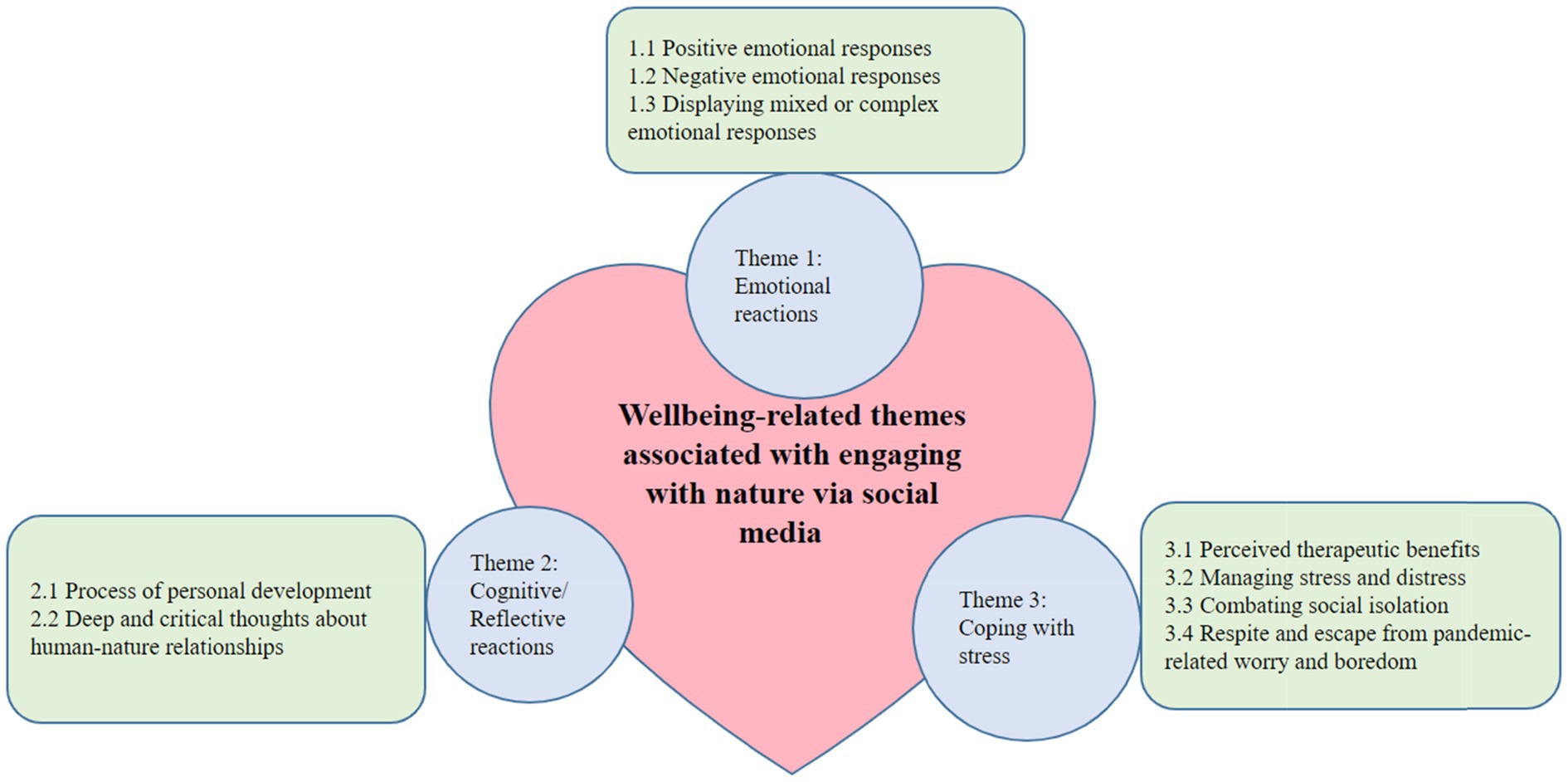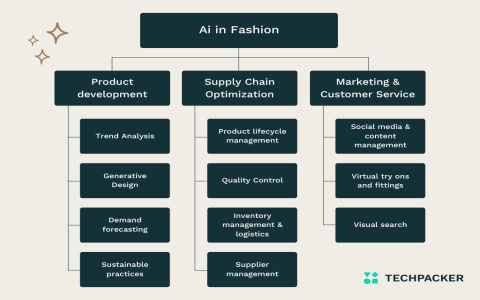In the grand tapestry of human history, entertainment has often been dismissed as a mere frill, a frivolous distraction from the serious pursuits of life. However, a closer examination reveals a fascinating truth: entertainment is not merely a byproduct of societal progress; it is an integral, symbiotic force that shapes and is shaped by our collective evolution.

From the ancient storytelling fires of cave dwellers to the digital realms of modern gaming, entertainment has consistently evolved to reflect and influence societal shifts. It serves as a mirror, reflecting our values, fears, aspirations, and societal norms. Yet, it is also a catalyst, driving change by challenging perceptions, fostering empathy, and inspiring innovation.
Consider the evolution of music. In eras marked by social upheaval, music has often been the voice of the oppressed, amplifying their struggles and calling for change. From the revolutionary chants of the French Revolution to the civil rights anthems of the 1960s, music has been a powerful tool for social justice. Conversely, in times of peace and prosperity, music reflects our collective joy and unity, acting as a cultural glue that binds us together.
Similarly, visual arts and storytelling have evolved to reflect societal advancements and challenges. The rise of science fiction cinema in the 20th century, for example, mirrored our growing fascination with technology and the unknown. These narratives explored themes of artificial intelligence, space exploration, and dystopian futures, shaping our collective imagination and inspiring real-world advancements in science and technology.
In the digital age, entertainment has become even more intertwined with societal progress. Streaming services and social media platforms have democratized content creation, enabling individuals from all walks of life to share their stories, talents, and perspectives with the world. This democratization fosters cultural exchange and understanding, breaking down barriers and promoting global interconnectedness.
Moreover, the rise of immersive entertainment, such as virtual and augmented reality, is transforming how we engage with the world. These technologies offer unprecedented access to experiences and knowledge, enabling us to explore distant lands, historical events, and even fictional worlds with a sense of realism that transcends traditional media. As we continue to develop these technologies, they will undoubtedly play a crucial role in education, healthcare, and other fields, driving societal progress in unprecedented ways.

However, it is crucial to acknowledge that entertainment’s influence is not always benign. The media we consume shapes our perceptions of reality, and can sometimes perpetuate stereotypes, biases, and harmful narratives. It is therefore essential for us to be mindful consumers, critically evaluating the content we engage with and striving to seek out diverse perspectives that challenge our assumptions.
In conclusion, entertainment is not merely a distraction from the serious pursuits of life; it is a vital force that shapes and is shaped by societal progress. As we continue to evolve as a species, let us embrace the power of entertainment to inspire, educate, and connect us in ways that transcend borders and generations.














